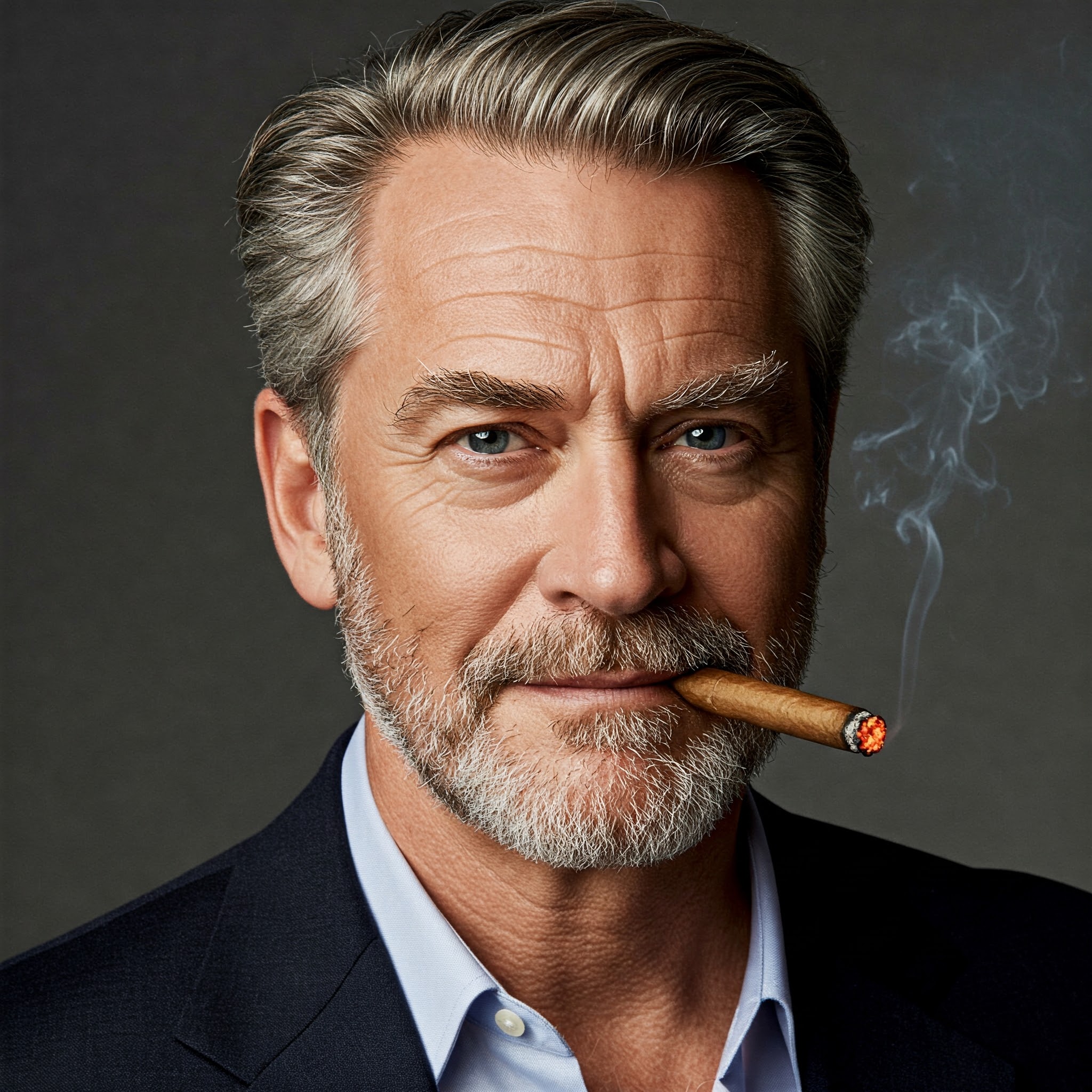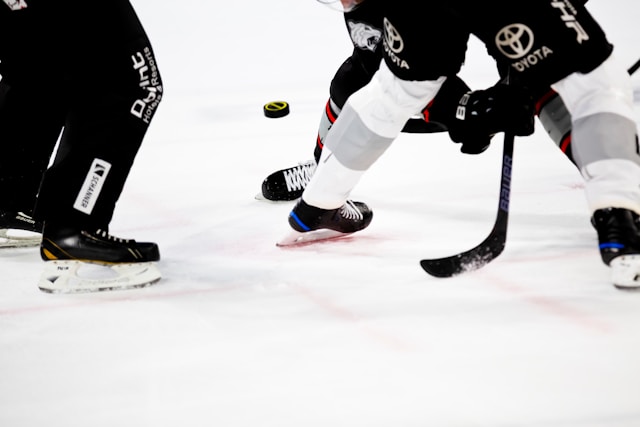Wayne Gretzky may have conquered the hockey world, but his approach to politics reveals a different side to the Great One, one that raises questions about influence, perception, and responsibility.
Wayne Gretzky’s legacy as a hockey icon is untouchable—a symbol of excellence on the ice. However, when it comes to political matters, the former NHL star has chosen to occupy a much less defined space. Recently, Gretzky addressed his stance on political influence in an interview, stating unequivocally that he holds no sway over either the U.S. President or the Canadian Prime Minister. But his remarks have sparked a broader discussion on the intersection of celebrity, politics, and soft power.
Gretzky, who boasts connections to two nations—his native Canada and the United States through his family—has walked a tightrope of neutrality for years. His statements on a Toronto radio show clarified his position, emphasizing that his focus lies far from politics. “Trust me, I have no pull or power with either the Prime Minister or the President,” he remarked, distancing himself from any suggestion of political influence. Yet, this declaration has not deterred critics who believe his silence on contentious issues betrays a lack of understanding of the subtle ways public figures wield political soft power.
The heart of the debate lies in what Gretzky represents. As a cultural icon, his words—or lack thereof—carry weight. Some argue that his refusal to engage in politics signals a disconnection from the realities of modern influence. For instance, U.S. President Donald Trump has publicly associated himself with Gretzky, even suggesting the hockey legend take on a political role should Canada ever become a U.S. state. While Gretzky brushed off such comments as lighthearted banter, his proximity to such statements inevitably pulls him into conversations he prefers to avoid.
In the interview, Gretzky shared an anecdote about his time as an active player, noting that politics rarely, if ever, entered locker room discussions. “Hockey players stay in their lane,” he said, underscoring his belief that athletes and politicians exist in distinct spheres. It’s a sentiment that resonates with his philosophy of neutrality but also underscores a potential blind spot in understanding how public perception connects the two.
Public figures like Gretzky often find themselves unwilling participants in political discourse, their every word scrutinized for meaning. By maintaining a neutral stance, he avoids alienating fans on either side of the political spectrum. However, this approach doesn’t account for the reality that silence itself can be interpreted as a statement. As some Canadians point out, Gretzky’s reluctance to address political controversies, particularly regarding his ties to Trump, leaves room for others to shape the narrative around him.
It’s worth considering whether Gretzky’s stance reflects a bygone era when athletes were rarely expected to weigh in on social or political issues. In today’s polarized climate, the lines between sports, culture, and politics are increasingly blurred. As a beloved figure, Gretzky’s choice to remain apolitical might protect his personal brand, but it also raises questions about the responsibilities of public figures in navigating influence and perception.
Ultimately, Gretzky’s comments reveal a man content to let his hockey legacy speak for itself, even as the world around him evolves in its expectations of celebrity figures. Whether his neutral stance is a wise strategy or a missed opportunity remains up for debate, but one thing is clear: Wayne Gretzky’s influence, political or otherwise, is a reflection of the ideals and contradictions of his time.
References:
Wayne Gretzky Says He Has ‘No Political Power’ Over the President or Prime Minister

